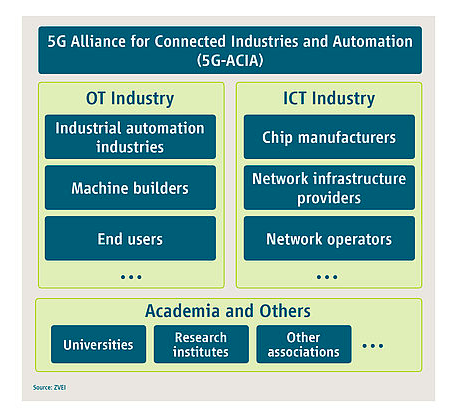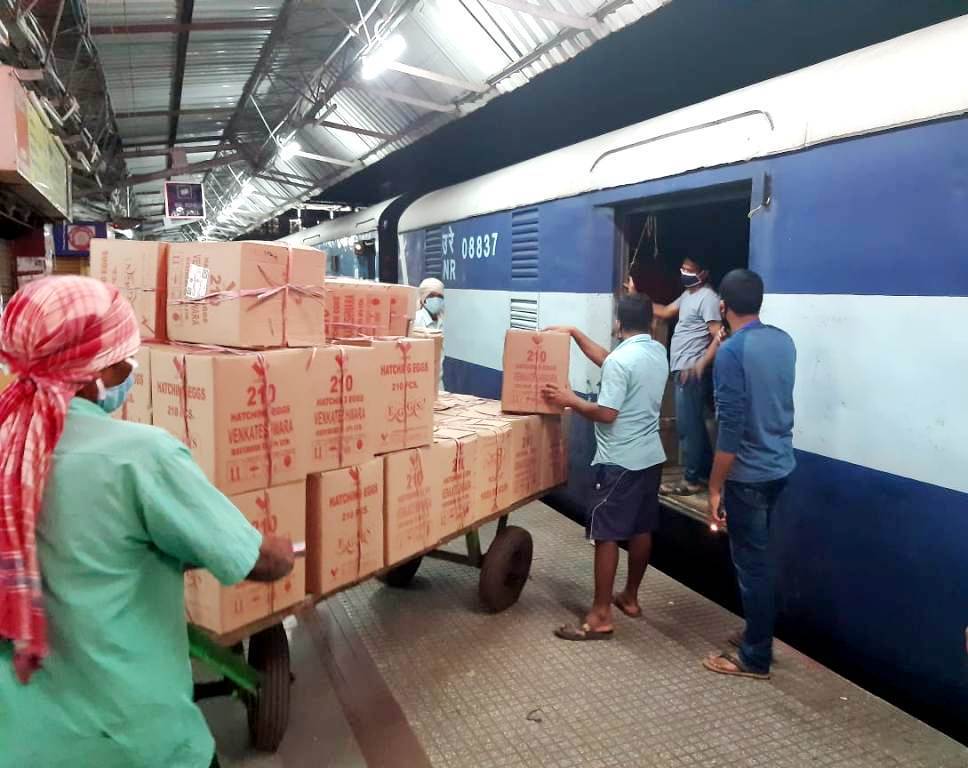Bengaluru, NFAPost: 5G-ACIA, an alliance for connected industries and automation that is helping to shape the 5G landscape across the globe and COAI has signed a Memorandum of Understanding (MoU) for working in different vertical industries, particularly in the manufacturing and process industry.
5G-ACIA is a working party of ZVEI German Electrical and Electronic Manufacturers‘ Association. India’s COAI represents incumbent operators such as Jio, Airtel and Vodafone Idea.
The agreement, meant for three years, is signed with the purpose to cooperate with each other on issues related to 5G and its adoption for industry automation across sectors. Under the partnership, both would identify topics of common interest and work to strengthen their relationship and foster closer cooperation on common agenda by joint participation across initiatives.
Expressing happiness over the new engagement between 5G-ACIA and COAI, Bosch Corporate Research Head of Communication and Network Technology and 5G-ACIA Chairman Andreas Mueller said 5G will really change the landscape of future factories.
“5G will have a significant impact on the way how future factories and other production facilities are designed, operated, and maintained. India is already an industrial powerhouse and manufacturing contributes to about 15% of the overall GDP of the country with an estimated number of more than 230,000 factories,” said Bosch Corporate Research Head of Communication and Network Technology and 5G-ACIA Chairman Andreas Mueller.
Commenting on the development, COAI Director General Rajan S Mathews said this alliance with global association for 5G implementation is really a game changer in the journey of India.
“We truly believe that this partnership will be mutually beneficial and build on insights and learnings to shape Industrial 5G mobile communications and technology effectively,” said COAI Director General Rajan S Mathews.
To make industrial 5G a success, it is crucial to transfer the ongoing 5G developments into the industrial domain. Therefore, 5G-ACIA elaborates integration concepts and migration paths, and evaluates the key technologies that emerge from the 5G standardisation bodies. 5G-ACIA identifies spectrum needs for industrial 5G networks. Members jointly explore new operator models, for instance 5G campus networks within factories.

A new understanding between different industries
To make 5G a success for industrial applications, 5G-ACIA brings together very different 5G stakeholders. That is organisations from the OT and from the ICT industries.
- “OT” means operational technology.
- “ICT” means information and communication technology.
OT companies are, for instance, industrial automation enterprises, machine builders or end users. ICT companies can be chip manufacturers, network infrastructure providers or mobile network operators. In addition, 5G-ACIA members are academic institutions, such as universities or research institutes, and other relevant groups, such as authorities and associations.
5G-ACIA’s overall goal is to apply industrial 5G in the best possible way. Members jointly strive to make sure that the particular interests of the industrial domain are adequately considered in 5G standardisation and regulation. Together, they discuss and evaluate technical, regulatory, and business aspects with respect to 5G for the industrial domain.





